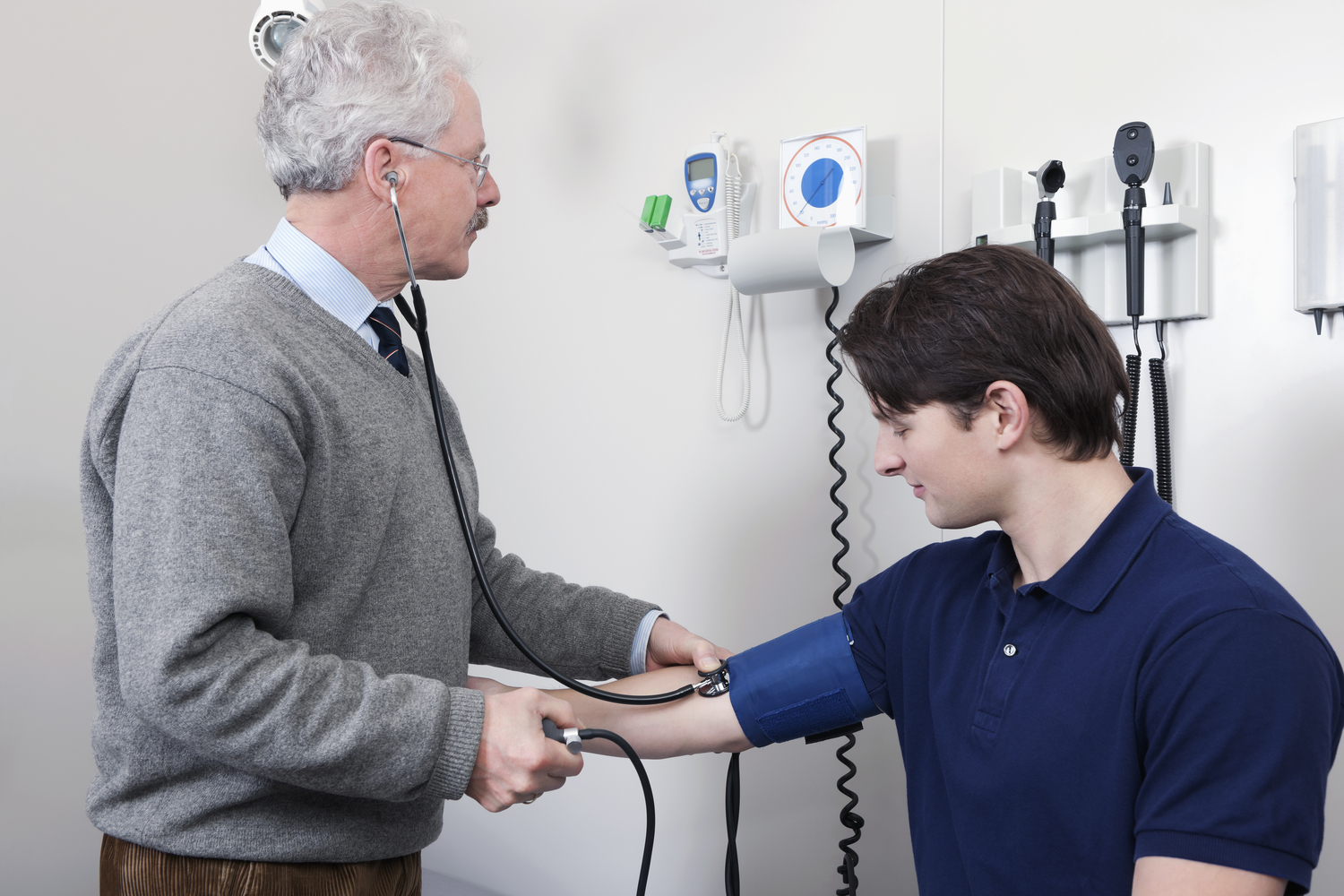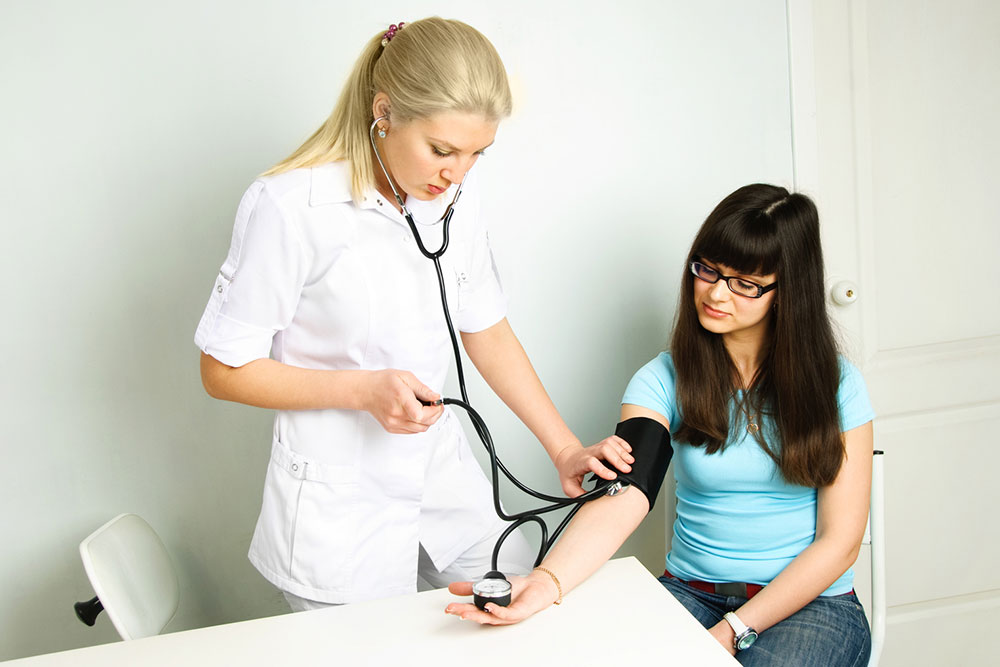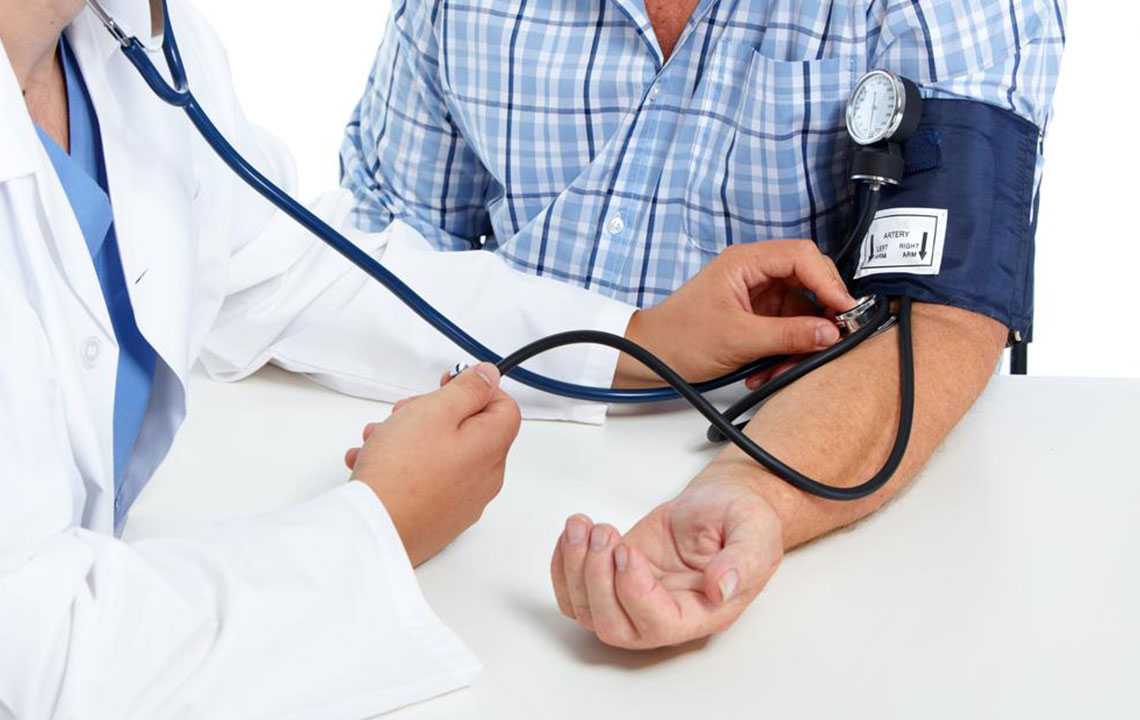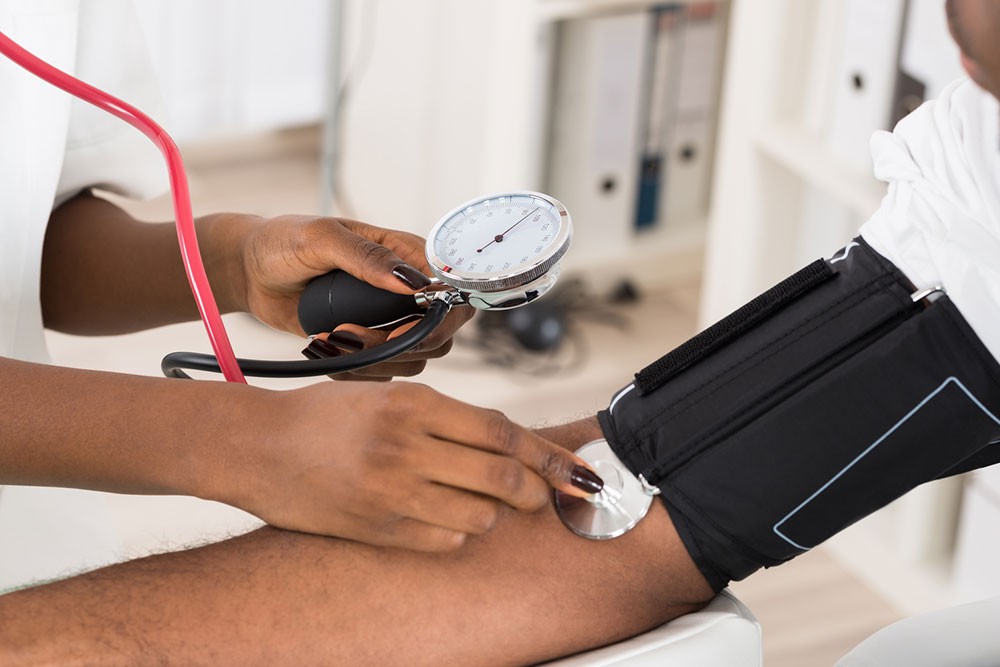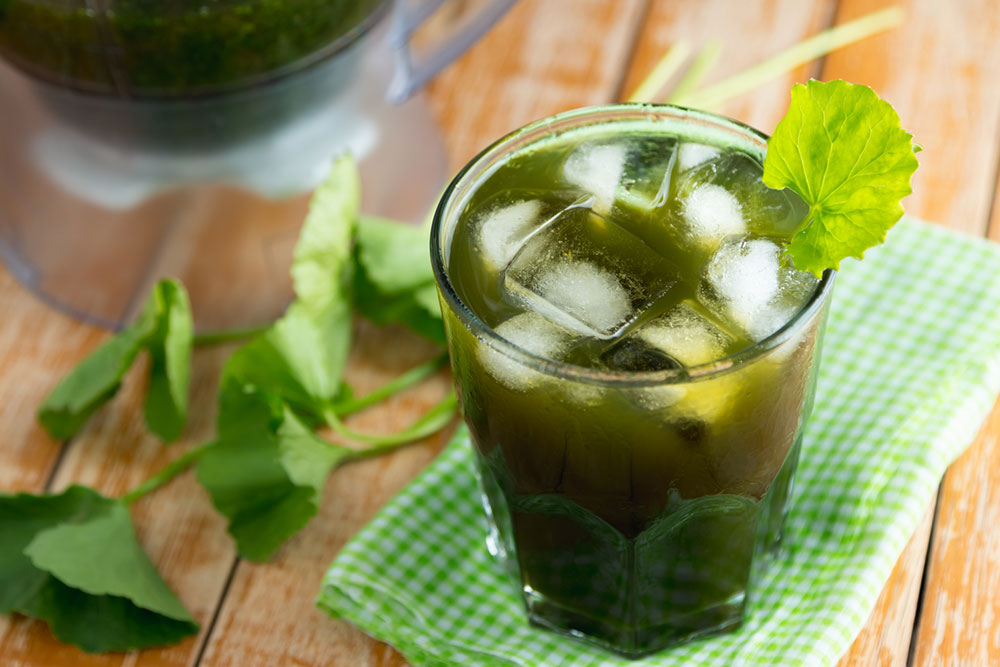How to Lower Your Blood Pressure Without Medication
Blood pressure is becoming a common problem among people of all ages. High blood pressure is the result of changes in the body and unhealthy lifestyle practices. High blood pressure is often associated with fatal and risky heart diseases. If you’re wondering how to lower high blood pressure, people suffering from high blood pressure often rely on medication. How effective are these medicines?
More than medicine, it is the lifestyle that plays a vital role to lower your blood pressure.
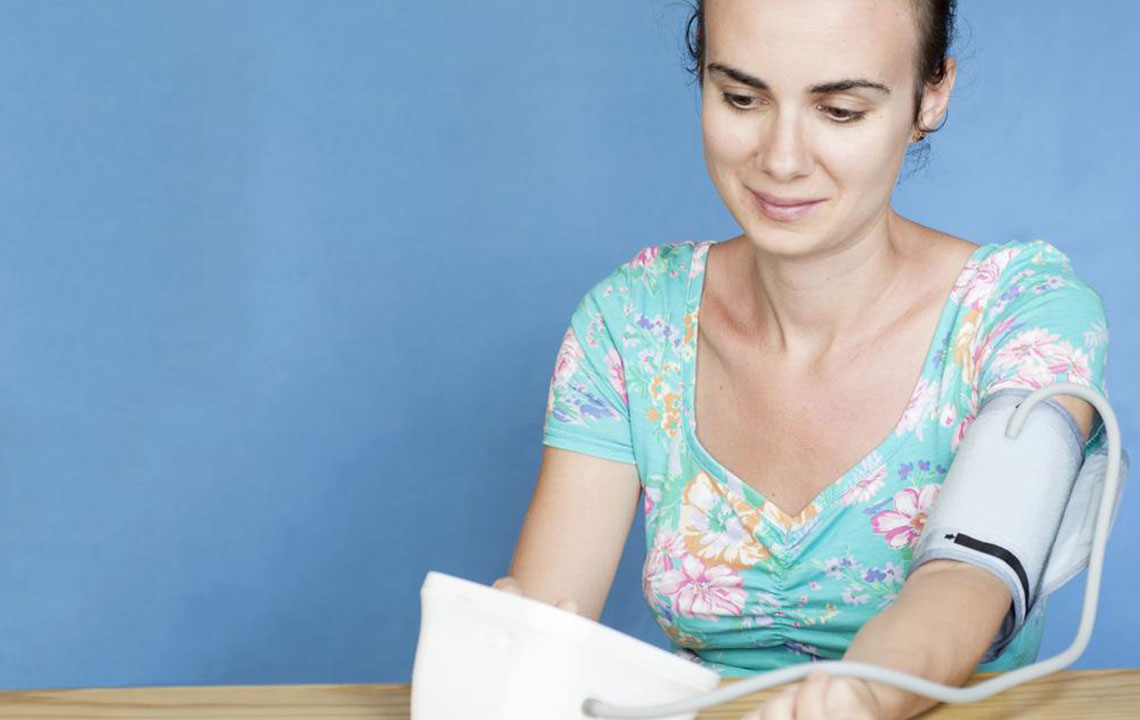
Weight loss
An excess of weight and a larger waistline indicate unhealthy lifestyle practices. When body weight increases, blood pressure also increases. Excessive weight can also cause breathing problems or sleep apnea, which is a form of disrupted breathing. This increases blood pressure in people already suffering from high blood pressure.
Therefore, it becomes apparent to lose weight to lower your high blood pressure. It is, in fact, one of the most effective ways to lower your blood pressure. Losing at least 4.5 kg can have a significant change in the blood pressure of an individual. Another factor to monitor is your waistline. Larger the waistline, more are you at risk of suffering from high blood pressure. Men with a waistline measurement greater than 40 inches and women with their waist measurement greater than 35 inches are at risk of high blood pressure. You can also ask your doctor to tell you which is the healthy waistline measurement for you.
Physical activity
Exercising for 30 minutes daily is likely to help lower high blood pressure by 4-9 millimeters of mercury. It is important not to skip exercising as this can bring the blood pressure back again. A slight rise in high blood pressure can help avoid the development of hypertension. In case you have hypertension, physical activity can lower your high blood pressure to healthy numbers.
The best ways to exercise to achieve desired results are cycling, walking, jogging, dancing, and swimming. Improving strength through exercising can also help reduce your blood pressure. You can also ask your doctor to make exercising program as per your body’s requirements.
Healthy diet
A diet that is rich in whole grains, vegetables, fruits, and low-fat dairy products is a healthy option. Moreover, cholesterol and saturated fat can help lower your blood pressure by 14 mmHg. This eating plan is widely known as the Dietary Approaches to Stop Hypertension (DASH) diet. You can follow the diet and enjoy its results.
Restrict sodium intake
A small reduction of sodium in your diet helps lower your blood pressure by 2-8 mmHg. The effect of sodium consumption on blood pressure is different in different people. For an average individual, sodium intake should be limited to below 2,300 milligrams for a day. One must not consume more than 1500 mg of sodium in a day. People should strictly restrict sodium consumption in order to lower their blood pressure.
Avoid or limit alcohol consumption
Alcohol has both good as well as side effects that may affect your health. If alcohol is consumed in small quantities, there is a likelihood that it may lower your blood pressure by 2 to 4 mmHg. However, if the alcohol is highly intoxicant, it will do more bad than good. The recommended alcohol consumption in terms of the number of drinks for men older than 65 years of age and women older than 56 years of age is two and one in a day, respectively. One drink should be 12 ounces of beer, five ounces of wine, and 15 ounces of 80-proof liquor.
Drinking more than the moderate level of alcohol can raise blood pressure in people already suffering from high blood pressure. Alcohol taken in excess can also reduce the effectiveness of blood pressure medications in sufferers.
Avoid smoking
Cigarette smoking increases blood pressure for a long time after you smoke. Avoid smoking as this will help you lower your high blood pressure. People who quit smoking are likely to live longer.
Reduce caffeine intake
Consumption of caffeine is not good for health for those suffering from high blood pressure. Caffeine can raise your blood pressure by about 10 mmHg. If you want to check whether caffeine intake has any effect on your blood pressure, check your blood pressure 30 minutes after you have consumed caffeine in any form. In case, you find your blood pressure increasing by 5-10 mmHg, you are likely to be sensitive to a caffeinated beverage. You can also ask for an expert to help in this case.
